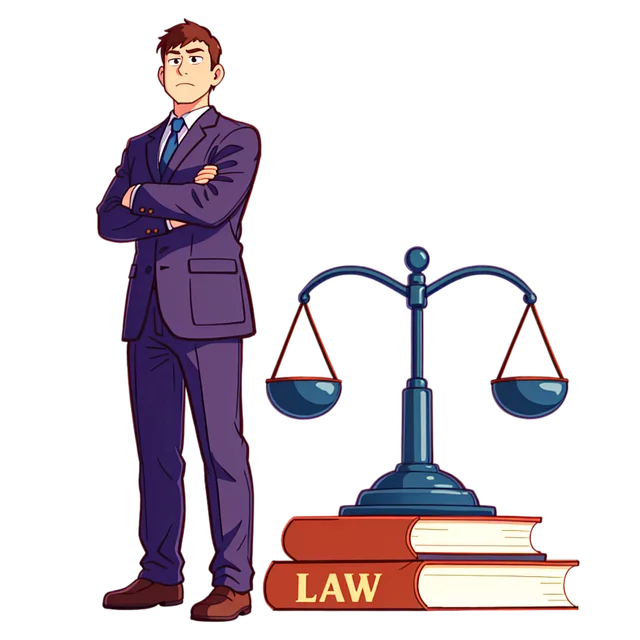Rideshare accidents, though rare, can result in severe legal and medical consequences, especially for brain trauma victims. In Queens, where such incidents occur, specialized legal expertise and immediate access to quality brain trauma treatment are crucial. Drivers' negligence, including distraction and speeding, often causes these accidents, necessitating rideshare companies to prioritize safer practices. Legal professionals specializing in ride-sharing accidents guide victims through complex legal processes, ensuring they receive fair compensation and access to top medical care, such as brain trauma treatment Queens. After an accident, immediate healthcare, thorough documentation, and open communication with insurers are essential steps. Skilled attorneys play a vital role in securing substantial settlements for long-term injuries, including rehabilitation and compensation for pain and suffering.
In today’s digital age, ridesharing services have become a ubiquitous part of our daily lives. However, with increased usage comes an elevated risk of accidents. This article delves into the complex world of rideshare accidents, exploring their legal implications and the specific challenges posed by brain trauma. We dissect common causes of collisions and highlight the crucial role a specialist attorney plays in securing adequate compensation for victims, especially when seeking brain trauma treatment in Queens. Learn from real-life case studies showcasing successful settlements.
- Understanding Rideshare Accidents and Their Legal Implications
- Common Causes of Rideshare Collisions
- Brain Trauma in Rideshare Accidents: Symptoms and Diagnosis
- The Role of a Specialist Attorney for Brain Trauma Treatment Queens
- Navigating Insurance Claims After a Rideshare Accident
- Case Studies: Successful Ride-Sharing Accident Settlements
Understanding Rideshare Accidents and Their Legal Implications

Rideshare accidents, though relatively rare compared to traditional modes of transportation, carry distinct legal implications. When a passenger suffers injuries in a rideshare vehicle due to a driver’s negligence, it can result in complex legal scenarios. These incidents may involve claims for compensation, especially if brain trauma or other severe injuries are sustained. Brain trauma treatment Queens is a critical aspect that victims and their attorneys must consider when navigating such cases.
Understanding the legal process involves recognizing the responsibilities of both the rideshare company and the driver. Victims have rights, including the right to seek damages for medical expenses, pain and suffering, and other related costs. Legal experts specializing in rideshare accident law can help guide victims through this complex landscape, ensuring they receive fair compensation and access to adequate brain trauma treatment Queens, should it be required as part of their recovery process.
Common Causes of Rideshare Collisions

Rideshare accidents, while relatively rare compared to traditional modes of transportation, still occur and can have severe consequences for passengers. Understanding the common causes is essential for both safety and legal repercussions. One of the primary factors contributing to rideshare collisions is driver distraction. With the abundance of in-car technology and the temptation to use mobile devices, drivers may take their eyes off the road, leading to delayed reaction times. Additionally, speeding and aggressive driving behaviors significantly increase the risk of accidents, often resulting in more severe injuries, including brain trauma, for which effective treatment in Queens is crucial.
Another prevalent issue is driver fatigue, especially during late-night shifts or long work hours. Fatigued drivers may experience slower reflexes and reduced cognitive abilities, making it difficult to navigate busy streets and respond promptly to unexpected events. Moreover, weather conditions play a significant role; poor visibility due to rain, snow, or fog can impair a driver’s ability to perceive their surroundings accurately, leading to collisions. These causes underscore the importance of holding rideshare companies accountable for ensuring safer driving practices among their contractors.
Brain Trauma in Rideshare Accidents: Symptoms and Diagnosis

Brain trauma is a significant concern in rideshare accidents, often resulting from sudden stops, collisions, or vehicle rollovers. Symptoms can range from mild to severe and may include headaches, dizziness, nausea, confusion, and memory loss. In more severe cases, individuals may experience unconsciousness, seizures, or even permanent neurological damage.
Diagnosis of brain trauma in rideshare accidents involves a comprehensive medical evaluation, including CT scans, MRI tests, and neurological examinations. Prompt treatment is crucial for managing symptoms and optimizing recovery. Brain trauma treatment Queens often includes rehabilitation to help victims regain cognitive function, physical mobility, and emotional well-being. Early intervention and specialized care can significantly improve outcomes for individuals affected by brain injuries in rideshare accidents.
The Role of a Specialist Attorney for Brain Trauma Treatment Queens

When involved in a rideshare accident, especially one that results in brain trauma, it’s crucial to have a specialist attorney by your side. Brain trauma treatment Queens requires expert legal representation due to the complex nature of these cases. A specialized attorney understands the intricate medical aspects and can navigate the legal system effectively. They are equipped to connect you with top-tier neurologists and ensure comprehensive brain trauma treatment while pursuing compensation for your injuries.
Their expertise lies in translating medical jargon into understandable terms for clients, facilitating clear communication with healthcare providers, and building a robust case. This dedicated approach maximizes your chances of securing fair financial restitution, ensuring access to the best medical care available for your recovery journey.
Navigating Insurance Claims After a Rideshare Accident

After a rideshare accident, navigating insurance claims can be complex and stressful, especially if you’ve suffered injuries like brain trauma. The first step is to ensure your immediate needs are met, including access to quality healthcare for treatment of brain trauma or other injuries. This may involve contacting emergency services and seeking medical attention at a hospital or clinic in Queens.
Documenting the incident thoroughly is crucial. Take photos of the accident scene, exchange insurance information with the rideshare driver and any other parties involved, and keep records of all medical treatments received, including diagnoses and estimated costs for brain trauma treatment. These steps will help when submitting your insurance claim. Remember to communicate openly with your insurance provider, ensuring they have accurate information about your injuries and the circumstances surrounding the accident.
Case Studies: Successful Ride-Sharing Accident Settlements

In many ride-sharing accident cases, understanding the extent of injuries and their long-term impact is crucial for settling claims. For instance, a recent case involved a passenger who sustained severe brain trauma after a car crash caused by a rideshare driver’s negligence. The victim required extensive hospital treatment, including rehabilitation for cognitive and physical therapy. Through skilled legal representation, the family secured a substantial settlement that covered not only immediate medical expenses but also future care costs associated with ongoing brain trauma treatment in Queens.
Another successful case involved a pedestrian struck by a rideshare vehicle at night, resulting in multiple fractures and significant pain. The attorney highlighted the negligence of the driver, who was using their personal vehicle for commercial purposes without proper insurance coverage. This led to a settlement that included compensation for pain and suffering, lost wages, and future medical expenses, including potential brain trauma treatment if symptoms persisted or worsened. These cases demonstrate the importance of thorough legal representation in securing fair compensation for victims of ride-sharing accidents.
In light of the increasing prevalence of rideshare accidents, understanding their legal implications and seeking specialized assistance is crucial. Brain trauma, a significant concern in these incidents, requires prompt diagnosis and expert treatment, especially in areas like Queens where medical resources are readily accessible. If you’ve been involved in a rideshare collision, navigating insurance claims can be complex; therefore, consulting a dedicated Rideshare Accident Attorney specializing in brain trauma treatment Queens can provide invaluable support. They will ensure your rights are protected, guide you through the legal process, and help secure the compensation you deserve for medical expenses and other related costs.
